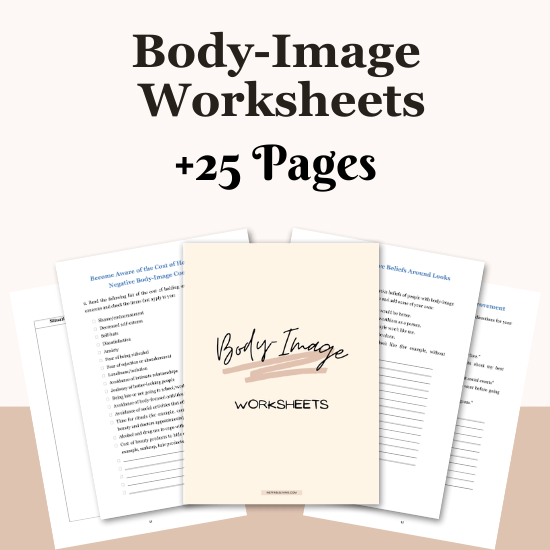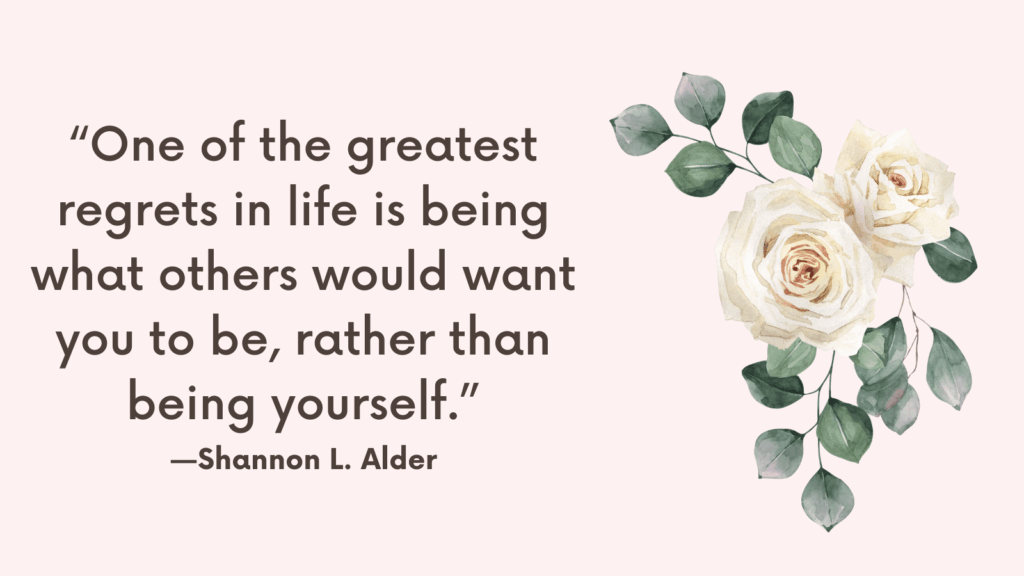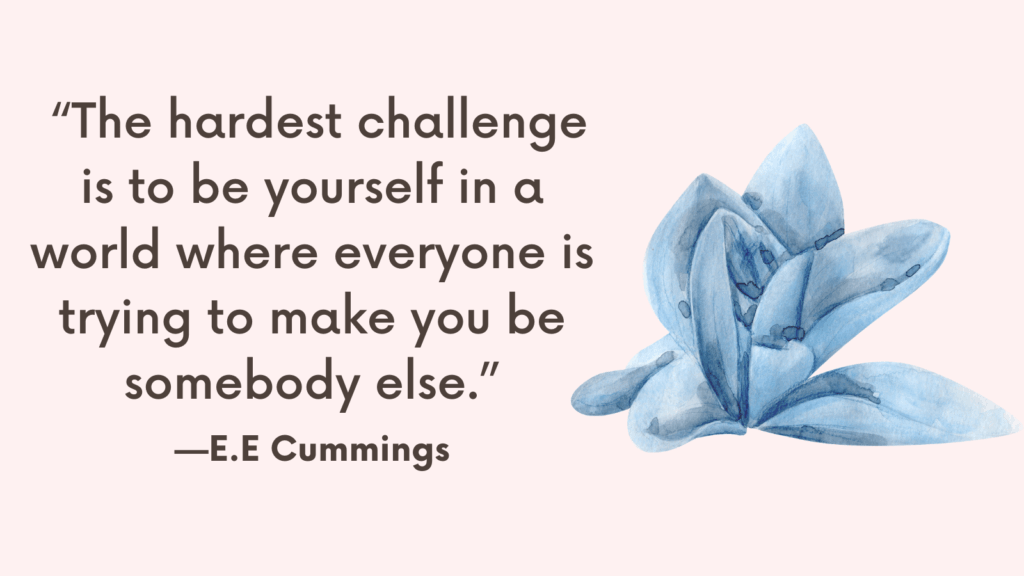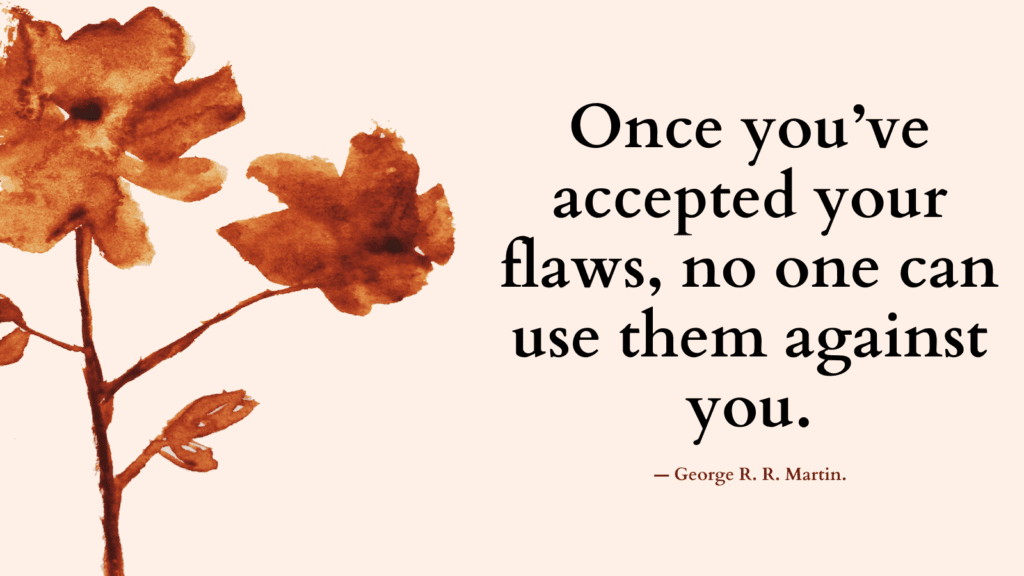Social media can feel like a minefield when you’re struggling with body image. Even a quick scroll can trigger comparison, self-criticism, or shame. The goal isn’t always to quit entirely—it’s to take back control over what you consume, how you react, and what you believe about yourself.
Why Social Media Intensifies Body Image Struggles
1. Constant Comparison – Scrolling exposes you to endless images of idealized bodies, leading to unrealistic standards and self-criticism.
2. Highlight Reels Only – People post their best angles, filters, and moments — not their normal, unedited selves.
3. Algorithm Pressure – Content that promotes beauty ideals often gets more attention, reinforcing narrow definitions of attractiveness.
4. Validation Through Appearance – Likes and comments on body-focused posts can make you tie your worth to how you look.
5. Exposure to Toxic Trends – Diet fads, “body goals,” and harmful beauty hacks can promote disordered thinking.
6. Less Room for Reality – Natural bodies, aging, and normal flaws are rarely shown, making them feel wrong or unacceptable.
7. It Blurs the Line Between Real and Edited – Filters and editing tools can distort your sense of what real bodies actually look like.
Related: What Is A Distorted Self Image & How To Build A Positive One?
How to Manage Body Image Triggers on Social Media?
1. Curate Your Feed With Intention
Unfollow or mute accounts that promote unrealistic body standards, diet culture, or filtered perfection. Follow people who reflect body diversity, self-compassion, and authenticity.
2. Notice How You Feel After Scrolling
Check in with your emotions. Do certain accounts leave you feeling “not enough,” anxious, or ashamed? If yes, those are triggers—not inspiration. Your mental peace matters more than their content.
3. Set Boundaries Around Usage
Limit how often and when you use social media. Avoid scrolling first thing in the morning or right before bed, when your mind is most vulnerable.
Related: Top 21 Body Image Journal Prompts (+FREE Worksheets)
4. Replace Comparison With Curiosity
When you notice yourself comparing, pause and ask:
“What’s really coming up for me right now?”
Comparison often signals unmet needs—like validation, rest, or emotional connection.
5. Don’t Assume What You See Is Real
Remind yourself:
“This is one moment, one angle, one edit. I don’t know the full story.”
Perfection online is often posed, filtered, and selectively shared.
6. Practice the “3 Uplifting Accounts” Rule
For every account you unfollow, find 3 that uplift you. Look for creators who promote body acceptance, humor, joy, creativity, or mental health.
7. Post With Self-Compassion (or Don’t Post at All)
If posting creates anxiety or triggers validation-seeking, give yourself permission not to share. Or post something meaningful to you—not something designed to gain approval.
8. Use Social Media for Connection, Not Comparison
Engage with content that makes you feel seen and connected—not smaller. DM a friend, join supportive communities, or comment positively on someone else’s post.
Related: Top 5 Body Dysmorphia Exercises (Cognitive Behavioral Therapy For BDD)
9. Take Breaks When Needed
It’s okay to log off. You’re not weak for needing space. A social media break can restore perspective and remind you of who you are outside the screen.
10. Anchor in Affirming Reminders
Keep a list of reminders nearby:
“My worth isn’t measured by my appearance.”
“I don’t have to look like anyone else to be enough.”
“I am allowed to exist without editing myself.”
Related: Positive Body Image Quiz

Conclusion
Social media doesn’t get to decide how you feel about your body—you do. And with every choice to protect your peace, you reclaim that power.



